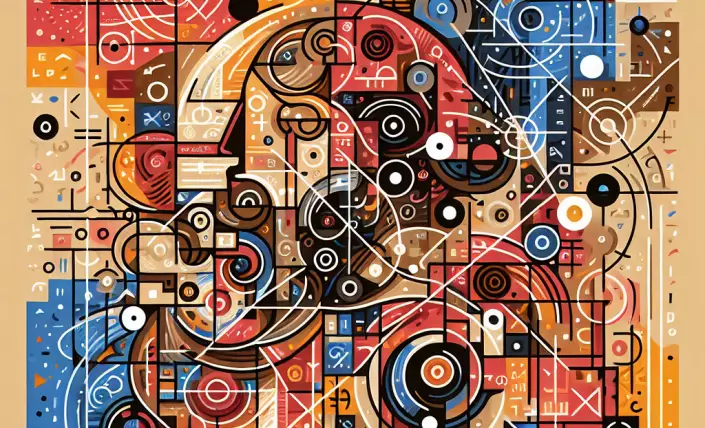In an age dominated by utilitarian values and pragmatic concerns, the role of beauty in human lives often takes a backseat. However, the underlying wisdom of aesthetics, as championed by Roger Scruton, offers profound insights into the human condition. Beauty, far from being a mere luxury or an ephemeral indulgence, serves as a vital element in shaping our moral and emotional landscapes. Scruton believed that beauty is not just in the eye of the beholder but is a crucial aspect of our being, offering a gateway to understanding deeper truths about ourselves and the world around us.
Scruton posits that beauty has a transformative power that elevates the human spirit. In a world beset by chaos and disorder, beauty stands as a beacon of harmony and order. It calls upon us to transcend our immediate desires and utilitarian goals, urging us to appreciate things for their own sake. This appreciation fosters a sense of reverence and gratitude, redirecting our focus from mere consumption to contemplation. By engaging with beauty, whether in art, nature, or human relationships, we affirm our capacity for empathy and understanding. Beauty, in this sense, becomes a moral force, shaping our character and influencing our actions.
Furthermore, Scruton highlights the communal aspect of beauty. It is not only a personal experience but a shared one that connects individuals to a larger cultural and historical context. When we engage with works of art or architectural marvels, we partake in a dialogue with the past, gaining insights into the values and aspirations of those who came before us. This dialogue enriches our own experiences and broadens our perspective, fostering a sense of continuity and belonging. In recognizing the beauty in our surroundings, we are reminded of our shared humanity and the enduring quest for meaning and truth.
The neglect of beauty in contemporary discourse, therefore, signals a deeper crisis in values. When we prioritize functionality over aesthetics, we risk impoverishing our experiences and diminishing our capacity for joy and wonder. Scruton's philosophy invites us to reclaim the significance of beauty in our lives, not merely as an adornment but as a fundamental component of our existence. It challenges us to look beyond the surface and consider how beauty can inspire, console, and guide us. By re-engaging with beauty, we can rediscover a sense of purpose and fulfillment that transcends the mundane and the material.










